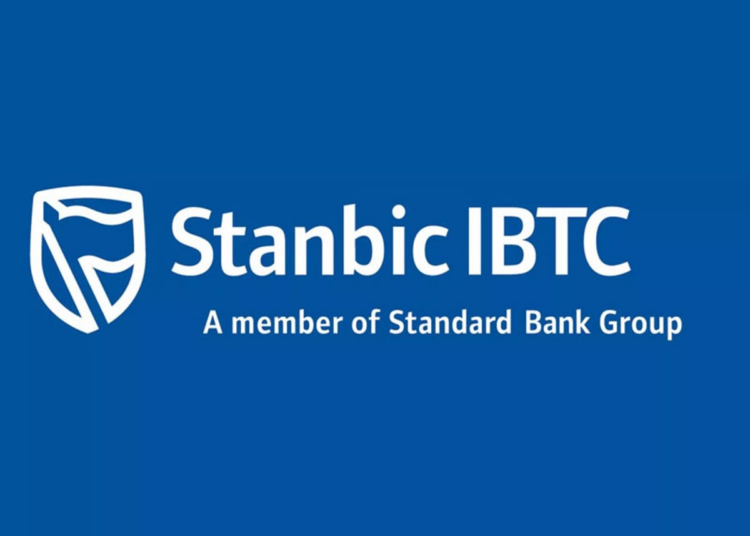Stanbic IBTC Bank has provided a cross-border payment system called the Africa China Agent Proposition (ACAP), which is tailored at providing world-class financial solutions to African importers who transact with China exporters.
According to a statement, the bank said the payment system makes available exclusive access to approved trade agents responsible for linking African businesses to numerous suppliers and manufacturers across China. The appointed agent provides access to over 10,000 Chinese suppliers and assesses suppliers, to ensure that their products meet global standards.
Stanbic noted that ACAP offers a broad ecosystem of services, solutions, and support, which equips African businesses to leverage trade as well as growth opportunities and ultimately drive Africa’s economic growth
The statement explained that Stanbic IBTC Bank’s unique intra-African trade products enabled settlements of international transactions while preventing payment risks associated with the international trade business. This was in addition to providing regional solutions such as the issuance of payment guarantees to exporters without the need for a letter of credit and its related costs to the importer.
Stanbic IBTC also urge business owners to join it’s Trade Club, saying it provides relevant tips, useful information regarding business models, accounting, marketing, and legal aspects that enable businesses to achieve set goals and also the right tools to build up business.
According to the statement, “Similarly, through Stanbic IBTC’s Trade Club solution, there is access to unlimited opportunities for business owners to meet and trade with suppliers anywhere in the world. The Stanbic IBTC Trade Club solution provides financing solutions for domestic or cross-border trade activities. It also provides good exposure for business owners to trade with manufacturers and suppliers worldwide, giving them the necessary exposure for their businesses to thrive. The solution identifies with businesses, empowering them with the required trade tools and expertise, while linking them with new global trade partnerships they can trust while nurturing their growth through good human relationships.’’ Speaking on gas as the transition fuel, Bandele said the company had inaugurated onshore projects which were already at the engineering stage.
He said the action was a deliberate plan by the company to supply electricity to communities situated at the site of its oil block which had been in darkness for the past 25 years.
“We acquired the second largest solar company in the world. It is also a deliberate action to work in that space to boost the industry,” he added.
He said they would continue to consolidate on new energy, while expanding gas development projects.
Bandele challenged the industry regulators to increase the scope of gas to be used on gas channels since the pipelines were being utilised.
He also said TotalEnergies was in talks with the Nigerian National Petroleum Company Ltd. on how to install another 10 megawatt electricity to a community in the zone of its project.
He explained that the project would be 100 per cent solar-based with a two-year completion target.
Bandele said that the company had made a lot of progress in its domestic gas education to stakeholders and was continuously enriching its gas portfolio in terms of export.
“TotalEnergies is present in all sectors of energy in Nigeria, namely downstream, midstream and upstream,” he said.





